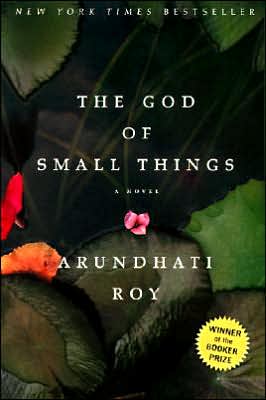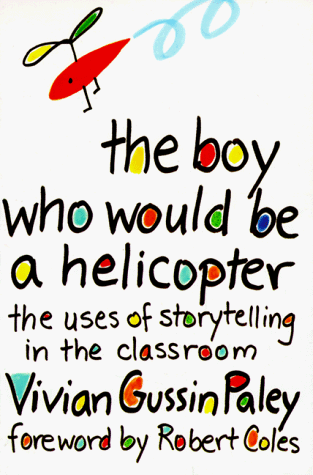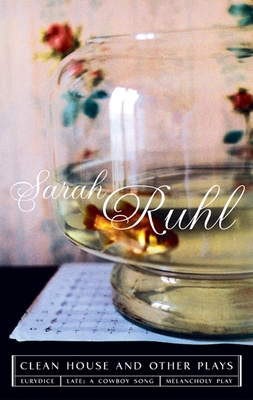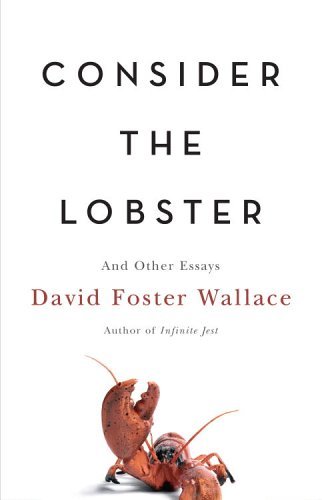Or "A Kids' Book For People Who Hate Kids."Little Benjamin T

hurlow Ballou is the perfect little boy. He has a Mummy (a college graduate who wears her cap and gown when she walks her son to school), a Daddy (who is NOT a college graduate, as Mummy likes to point out), and an airedale named Sid (who politely reminds us that he has feelings, even if he can't talk). For being such a good little boy, Benjy is granted a wish and - as you might imagine - some backfiring ensues. Which all of us are grateful for, because Benjy is a velvet-suit-wearing, brown-nosing douche bag of a kid.
The actual secondary title of Edwin O'Connor's bitingly sarcastic not-quite-children's novel is
"A Ferocious Fairy Tale." And ferocious it is. O'Connor is
ruthless in his underhanded attacks of Mama's boys and the overly-loving Mamas who make them. I can't remember the last time I laughed out loud so much reading a book. Sadly, this 1957 gem is no longer in print, but used copies aren't too hard to find online if you're interested.
I don't have a copy of the book with me at the moment, but it's one that deserves excerpting. So at the next opportunity, I will leave a little sampling for you here.
To be continued...
CONTINUED! AS PROMISED! An excerpt, for your reading pleasure:One night, almost a year ofter Benjamin Thurlow Ballou was born, Mummy put down one of the big heavy books she was always reading (she called them "texts") and said, "Daddy! I've been thinking about my little Benjamin Thurlow Ballou. His name is lovely but it's too hard."
"Too hard, dear?" said Daddy.
"Not for
me," said Mummy, looking fondly at her diploma, which was beautifully framed and hanging on the wall. "But there are others around here who haven't had my advantages. I have to think of
them."
"Yes dear," said Daddy. He had no diploma to look at, so all he could do was to look at the television set and hope that Sid the Airedale would not sneak over and grab the rest of his tongue and Swiss cheese sandwich.
"Besides," said Mummy, "in a few years now he'll be going to school and the little boys and girls he'll have to play with may very well have trouble with his full name. They may not be very bright. That's why I think we'd better give him some nice little nickname that no one will have any trouble with. I don't suppose
you'd have any ideas about a nice nickname, would you"
As those last few words were said in Mummy's very special voice, Daddy thought for a few minutes. Then he said "How about George?"
"
George," said Mummy. "I knew you'd say something like that. If some stranger on the street had come up to me and asked me what you'd say, I'd say that you'd say something like
George!" She looked at her beautiful diploma again and gave a great big sigh. "Well," she said," at least
one of us has an idea now and then. I know what we'll call him. We'll call him Benjy."
"Benjy," said Daddy. "That's nice, dear. That's very nice. Benjy."
 Do you remember when you were 7 years old and felt the tall blade of grass sift between your 2nd and 3rd toes on your right foot as you strolled through a park, thinking of the droplets of cookie dough ice cream running through your fingers on that one sweltering summer day in mid-July? Well, me neither. But Arundhati Roy might.
Do you remember when you were 7 years old and felt the tall blade of grass sift between your 2nd and 3rd toes on your right foot as you strolled through a park, thinking of the droplets of cookie dough ice cream running through your fingers on that one sweltering summer day in mid-July? Well, me neither. But Arundhati Roy might.













